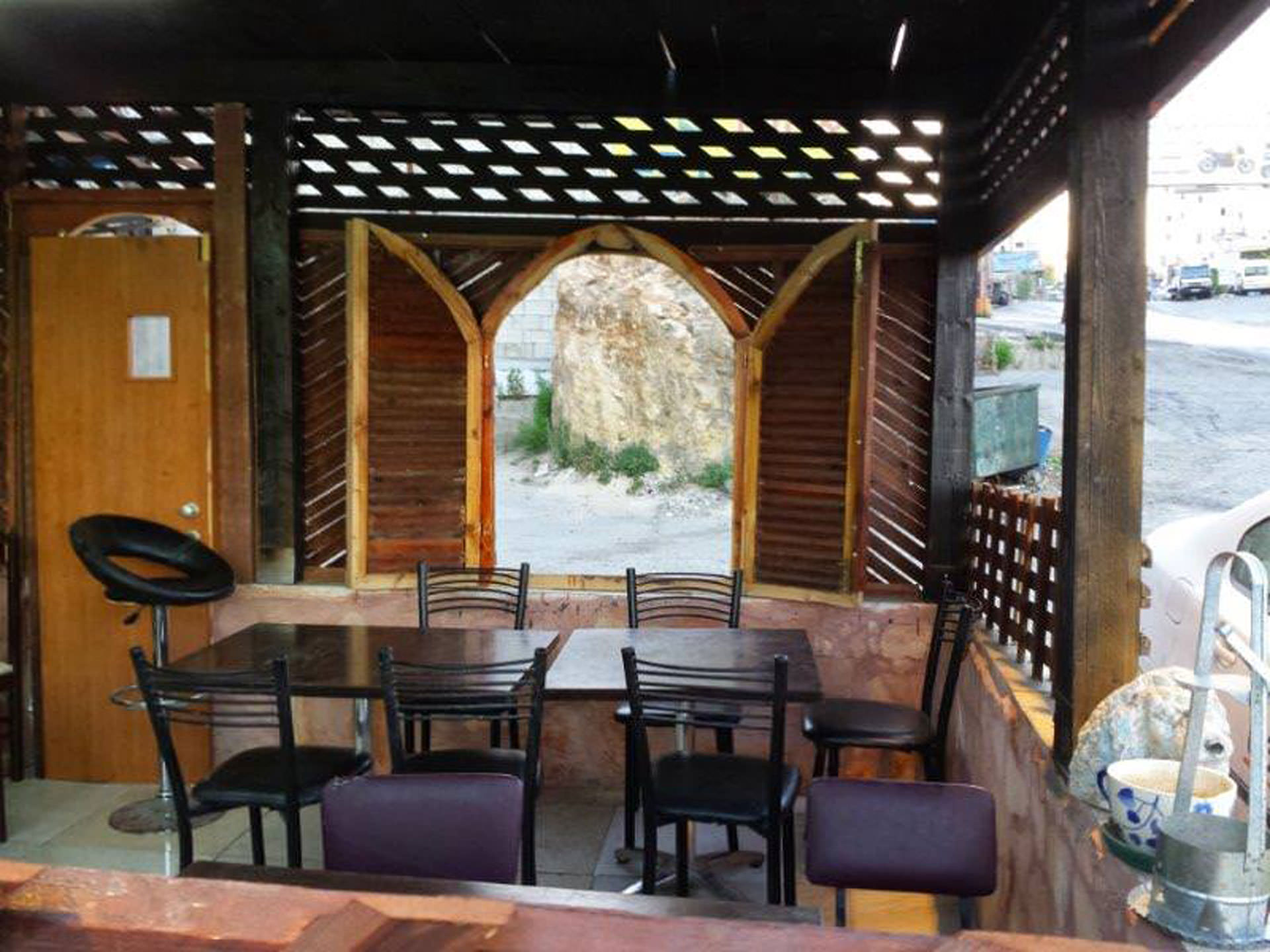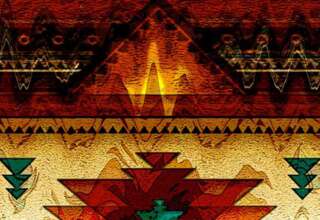
Israel has many subcultures that may relate in various ways to food and table manners, but generally, hot meals are eaten with fork and knife. Everyone has an individual plate and pots or large dishes, from which the food is served, are usually put in the middle of the table. There typically is a surplus of food. Dinner times are flexible, and coffee and tea are served afterwards.
In comparison with Bedouin meals and to some degree with Israeli meals, in the Netherlands, for the dominant culture, meals are much more regulated. Like in my family of origin, tables are set in a strict way with specific places for each of the eating utensils. In families, there are often predetermined seats for the various family members, and a guest too will be assigned a certain seat. During dinner, there is a strict behavioral code. For example, people take the fork in the left hand and the knife in the right; one does not put one’s hands or individual eating utensils in the main pot. The quantity of food is measured according to the number of invited diners, and with hot meals, no bread is served. In most homes, hot meals are eaten only at night, traditionally (and in my home) at 6 PM, but with women taking a large part of the work force, nowadays this would be closer to 6.30 or 7 PM. Meals tend to have two or three courses. People start and end their meal together. One expects all food is to be finished by the end of the meal. After dinner, coffee – usually from a percolator -and/or tea will be offered.








